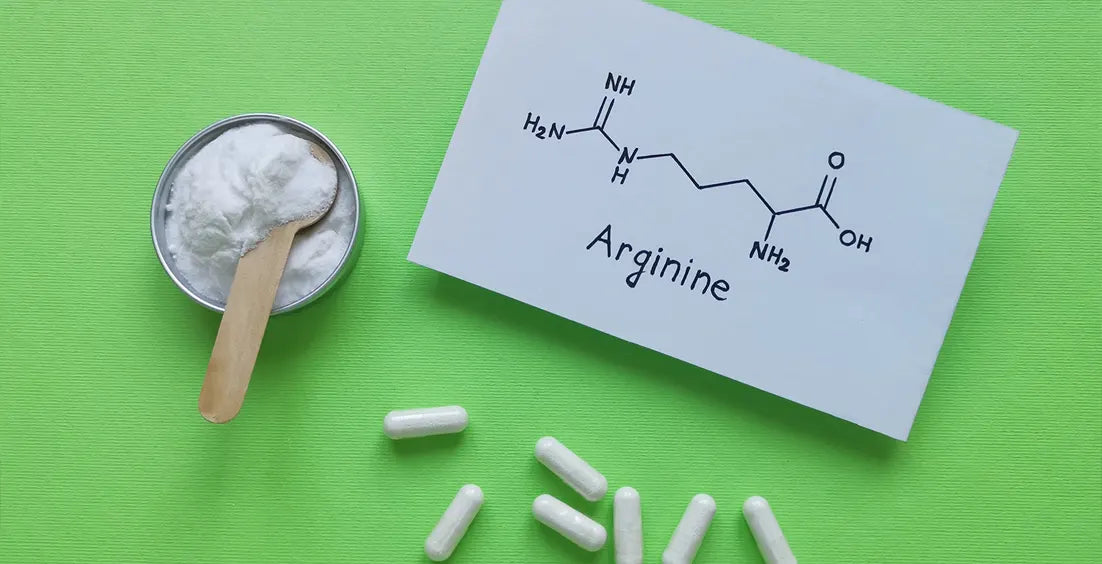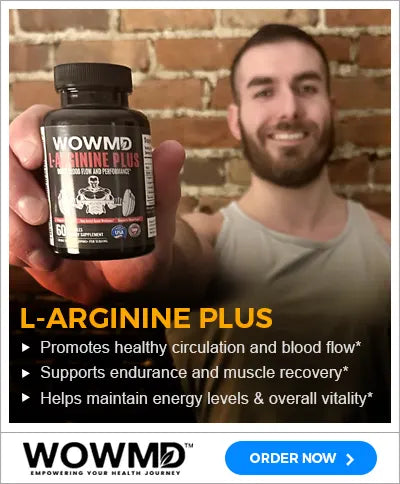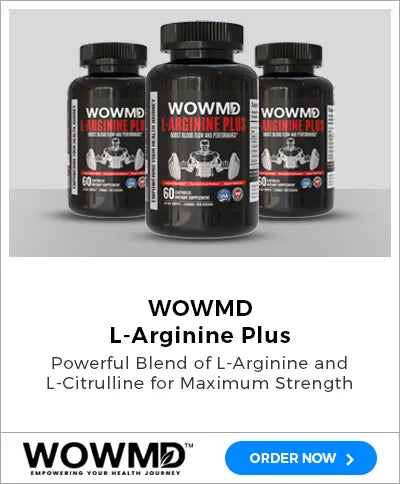The correct L-arginine dosage for ED
Erectile dysfunction is a common condition affecting men of all ages. L-arginine,may help with ED when used correctly. Learn about dosage for ED treatment here

Popular Stories
- Best Liquid B12 Supplement: Find out its Dosage & Health Benefits
- Best BCAA Supplements for Fat Loss and Muscle Retention
- Best Maca Root Supplement For Men’s Health, Hormones, & Well-Being
- Best Acai Berry Supplements: The Ultimate Buying Guide
- Spirulina Benefits for Women: Superfood for Skin & Hormones
- Best Foods for Weight Loss: Healthy Meal Options to Try
References
- Erectile Dysfunction: https://www.ncbi.nlm.nih.gov/books/NBK562253/
- L-arginine: https://www.mayoclinic.org/drugs-supplements-l-arginine/art-20364681
- L-arginine-induced vasodilation in healthy humans: pharmacokinetic–pharmacodynamic relationship: https://www.ncbi.nlm.nih.gov/pmc/articles/PMC1873701/
- Nitric oxide and penile erectile function: https://pubmed.ncbi.nlm.nih.gov/15866322/
- Nutrients and botanicals for erectile dysfunction: examining the evidence: https://pubmed.ncbi.nlm.nih.gov/15005641/
- The Potential Role of Arginine Supplements on Erectile Dysfunction: A Systemic Review and Meta-Analysis: https://pubmed.ncbi.nlm.nih.gov/30770070/
- Long-term high-dose L-arginine supplementation in patients with vasculogenic erectile dysfunction: a multicentre, double-blind, randomized, placebo-controlled clinical trial: https://pubmed.ncbi.nlm.nih.gov/34973154/


 Skin Detoxification Bundle
Skin Detoxification Bundle Complete Weight Loss Bundle
Complete Weight Loss Bundle Heart Care Bundle
Heart Care Bundle Better Immunity Bundle
Better Immunity Bundle  Men's Immunity & Prostate Health Bundle
Men's Immunity & Prostate Health Bundle Stress + Energy + Wellness Combo
Stress + Energy + Wellness Combo  Energy Booster Combo
Energy Booster Combo Natural Skin Care Bundle
Natural Skin Care Bundle Workout Supplements Combo
Workout Supplements Combo Cognitive Health & Vision Combo
Cognitive Health & Vision Combo Joint Health Support Combo
Joint Health Support Combo



































